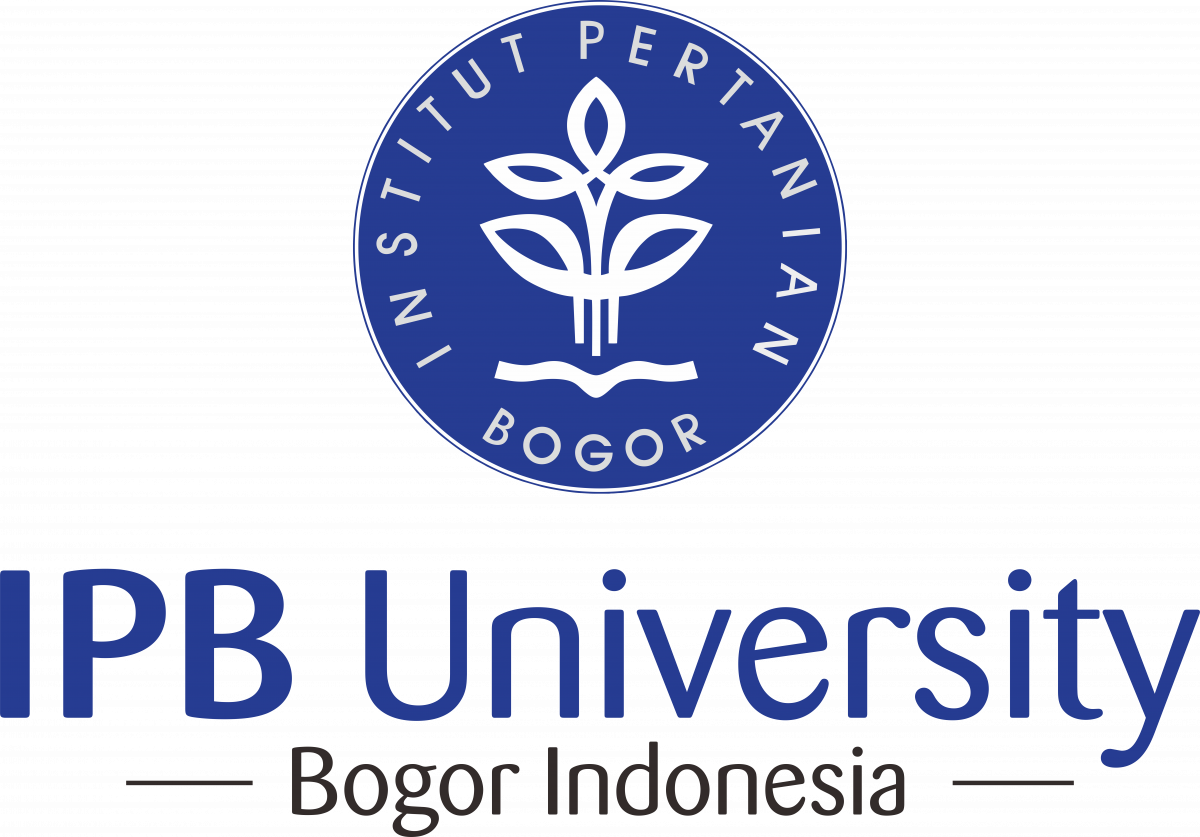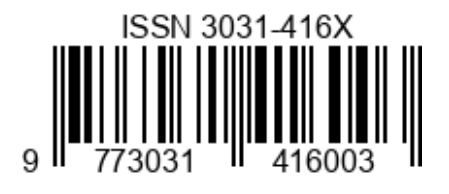Determinants that affect generation Z consumer loyalty in Wardah skincare
Abstract
In 2022, the skincare market in Indonesia was observed to generate revenue of approximately US$ 2.05 billion. In this market, consumers tend to prefer local products that adhere to the standards of halal and are widely recognized. A prominent, current, and popular skincare brand that has been found to adhere to these standards is Wardah. Between 2020 and 2021, Wardah experienced an increase in market share, showing a growing preference for its products among consumers. However, from 2023 to 2024, a significant decline has been observed in the market share of the brand, signaling a reduction in consumer preference. This trend is a critical concern for the company, as it emphasizes the need to address the factors contributing to the decline and to implement strategies that are capable of enhancing the appeal of products produced by Wardah, enabling the brand to remain competitive. Therefore, this study aimed to analyze the factors influencing the loyalty of Generation Z consumers toward Wardah skincare products in the Jabodetabek region. The demographic was observed because, conventionally, Generation Z, which constitutes around 27% of the population of Indonesia (75 million people), is often targeted as the primary market to build consumer loyalty for the majority of products. In order to achieve the study objectives, a sample of 135 respondents was selected using a non-probability sampling method, specifically the purposive sampling technique. The data was then analyzed using the Structural Equation Model-Partial Least Square (SEM-PLS) method. The obtained results showed that brand trust and perceived value had a significant and positive impact on consumer loyalty. These observations suggest that companies should focus on maintaining and strengthening brand trust, fostering a strong brand community, and raising awareness about the importance of halal certification in skincare products. Additionally, efforts should be made to educate consumers about the value of halal-certified skincare products, as this can further enhance brand loyalty.
References
Azizah L, Gunawan J, Sinansari P. Pengaruh Pemasaran Media Sosial TikTok terhadap Kesadaran Merek dan Minat Beli Produk Kosmetik di Indonesia. J. Tek. ITS. 2021;10(2):438-444. https://doi.org/10.12962/j23373539.v10i2.73923
BPS. Statistik Indonesia 2023. 2023.
Chaudhuri A, Holbrook MB. The Chain of Effects from Brand Trust and Brand Affect to Brand Performance: The Role of Brand Loyalty. J. Mark. 2001;65(2):81-93. https://doi.org/10.1509/jmkg.65.2.81.18255
Coelho PS, Rita P, Santos ZR. On The Relationship Between Consumer-Brand Identification, Brand Community, and Brand Loyalty. J. Retail. Consum. Serv. 2018;43:101-110. https://doi.org/10.1016/j.jretconser.2018.03.011
Compas. Catat! Ini Data Penjualan Wardah 1 Tahun Terakhir. 2022.
Databoks. Makin Meroket, Pendapatan Produk Kecantikan dan Perawatan Diri di RI Capai Rp111,83 Triliun pada 2022. 2022.
De Valck K, Van Bruggen GH, Wierenga B. Virtual communities: A marketing perspective. Decis. Support Syst. 2009;47(3):185-203. https://doi.org/10.1016/j.dss.2009.02.008
GoodStats. Sensus BPS: Saat Ini Indonesia Didominasi Oleh Gen Z. 2023.
Griffin J. Customer Loyalty: How to Learn It. How to Keep It. United States: Wiley; 2002.
Hair JF, Hult GTM, Ringle CM, Sarstedt M. A Primer On Partial Least Squares Structural Equation Modeling (PLS-SEM). Vol. 38. London: Sage Publications; 2016.
Hashim AJBCM, Musa R. Factors Influencing Attitude towards Halal Cosmetic among Young Adult Urban Muslim Women: A Focus Group Analysis. Procedia - Soc. Behav. Sci. 2014;130:129-134. https://doi.org/10.1016/j.sbspro.2014.04.016
Jang H, Olfman L, Ko I, Koh J, Kim K. The Influence of On-Line Brand Community Characteristics on Community Commitment and Brand Loyalty. Int. J. Electron. Commer. 2008;12(3):57-80. https://doi.org/10.2753/JEC1086-4415120304
Juliana J, Rizaldi MW, Al-Adawiyah RA, Marlina R. Halal Awareness: Pengaruhnya Terhadap Keputusan Pembelian Konsumen Shopee dengan Religiositas Sebagai Variabel Moderasi. Coopetition J. Ilm. Manaj. 2022;13(2):169-180. https://doi.org/10.32670/coopetition.v13i2.1423
Kotler P, Keller KL. Marketing Management. 15th ed. Boston: Pearson; 2016. https://doi.org/10.1556/9789630597784
Kurniasih D, Haryadi D, Wahyudi W. An Empirical Study in Building Brand Loyalty in Wardah Cosmetics. J. Manag. 2023;12(6):4678-4684.
Lestari I, Sadalia I, Rini ES, Sembiring BKF. The Effect Of Customer Experience And Brand Community On Brand Loyalty On Users Suzuki Automotive Products In Indonesia. J. Namib. Stud. 2023;33:3788-3803.
Molinillo S, Aguilar-Illescas R, Anaya-Sánchez R, Liébana-Cabanillas F. Social Commerce Website Design, Perceived Value and Loyalty Behavior Intentions: The Moderating Roles Of Gender, Age and Frequency Of Use. J. Retail. Consum. Serv. 2021;63:102404. https://doi.org/10.1016/j.jretconser.2020.102404
Ng SI, Ho JA, Lim XJ, Chong KL, Latiff K. Mirror, Mirror On The Wall, Are We Ready For Gen-Z In Marketplace? A Study Of Smart Retailing Technology In Malaysia. Young Consum. 2021;22(1):68-89. https://doi.org/10.1108/YC-06-2019-1006
Nofriyanti AR. Pengaruh Brand Trust, Brand Image, Perceived Quality, Brand Loyalty Terhadap Brand Equity Pengguna Telkomsel. Ekon. Bisnis. 2017;22(2):130-142.
Nurcahyono N, Hanifah A. Determinant of Intention to Purchase Halal Cosmetics: A Millennial and Z Generation Perspective. Int. J. Islam. Bus. Ethics. 2023;8(1):12. https://doi.org/10.30659/ijibe.8.1.12-25
Putri EM, Qurniawati RS. Generasi Z dan Kecintaan Mereka Pada Merek Kosmetik Halal. 2023;9(25):312-325.
RISSC. The Muslim 500: The Worlds's 500 Most Influential Muslims, 2024. 1st ed. Jordan: Amman; 2023.
Sartika M, Motik A. Faktor Halal Awareness, Religiosity, dan Knowledge terhadap Consumer Decisions dan Implikasinya terhadap Consumer Loyalty. J. Maisyatuna. 2021;2(2).
Sumarwan U. Perilaku Konsumen. 2nd ed. Bogor: Ghalia Indonesia; 2017.
Susanto ES, Hamdani F, Anjarsari M, Idifitriani F. Sistem Pendukung Keputusan Pemilihan Skincare Berdasarkan Jenis Kulit Wajah Menggunakan Metode Simple Additive Weighting. Digit. Transform. Technol. Digit. 2023;3(2):786-795. https://doi.org/10.47709/digitech.v3i2.2554
Top Brand Award. Komparasi Brand. 2024.
Tran Q, Cox C. Business-To-Business Brand Management: Theory, Research and Executive Case Study Exercises. In: Glynn MS, Woodside AG, editors. Advances in Business Marketing and Purchasing. Emerald Group Publishing Limited; 2009. p. 115-194. https://doi.org/10.1108/S1069-0964(2009)0000015008
Vaniara FV, Pramono R. The Effect Of Perceived Value, Customer Satisfaction and Trust On Customer Loyalty At The Dm Clinic In East Jakarta. Int. J. 2022;6(3).

Copyright (c) 2024 Nur Azhizhah Zhulkarnain, Asep Nurhalim, Yekti Mahanani, Rusni Hassan

This work is licensed under a Creative Commons Attribution-ShareAlike 4.0 International License.











